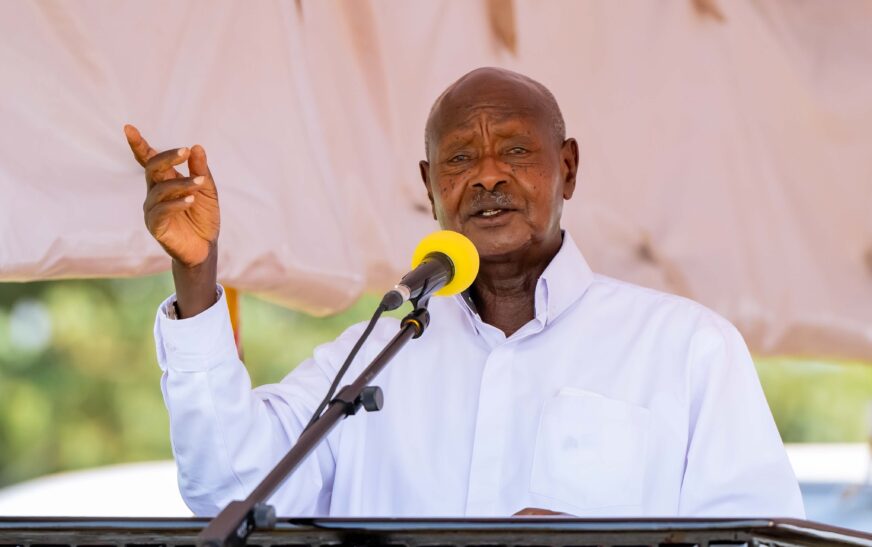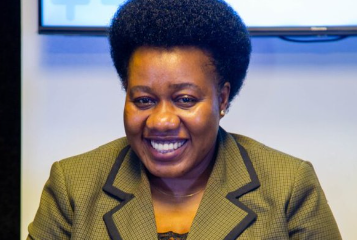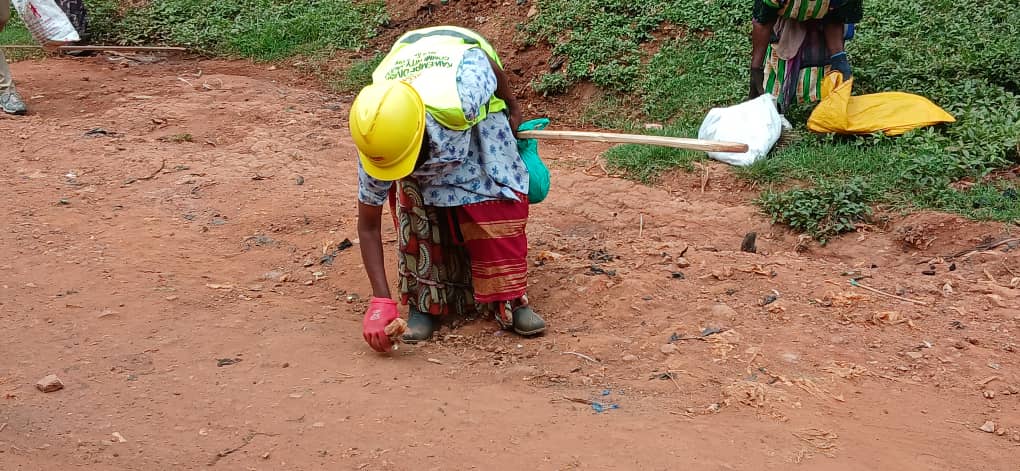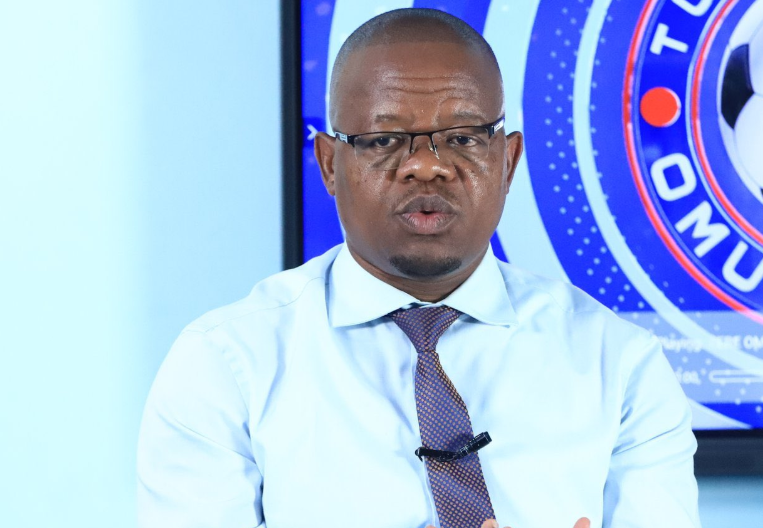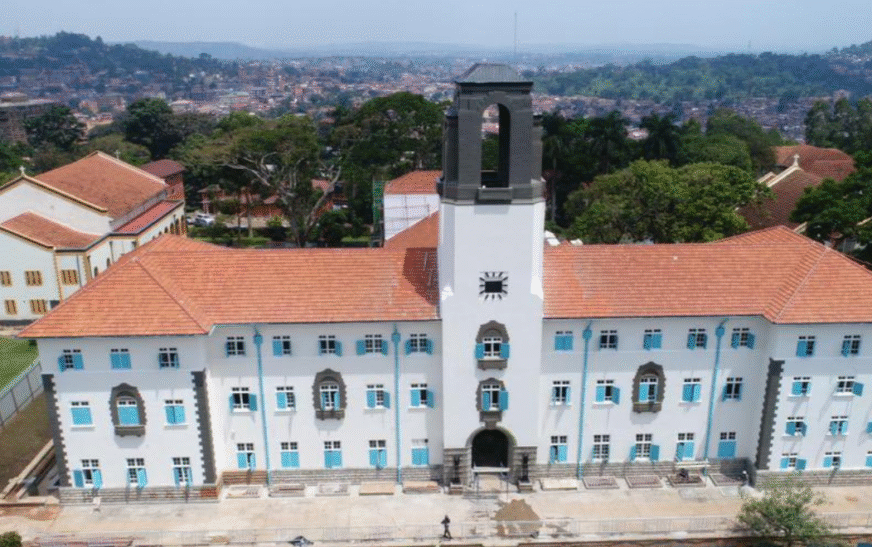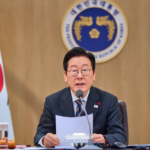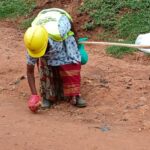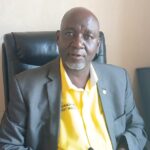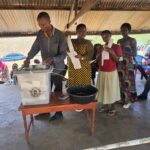President Yoweri Kaguta Museveni has addressed growing concerns and misinformation circulating on social media regarding his recent Executive Orders concerning the presence and conduct of the Balaalo [pastoralist cattle herders] in Northern, North-Western, and Eastern Uganda.
In a strongly worded statement shared through his social media platforms on Sunday, Museveni clarified that the measures taken are not an attack on any ethnic group, but a response to illegal and disruptive practices by certain cattle keepers operating in regions where their presence has caused tensions with local communities.
“My social media manager drew my attention to the lies and distortions on social media regarding the issue of the Balaalo,” the President stated, adding, “The resentment by the locals and my Executive Orders are not about legal and rational actors. They are directed at the illegal and irrational.”
Key concerns raised by the president
Museveni outlined a number of issues linked to the misconduct of some Balaalo herders, including:
- Destruction of Crops: The President criticised the practice of kwonesa—where livestock graze on other people’s crops—calling it unpatriotic and a violation of the unity and freedoms that Uganda upholds.
- Lack of Proper Fencing: He attributed much of the problem to herders introducing cattle in areas without proper fencing—especially barbed wire or chain link fences—thereby failing to control animal movement.
- Water Scarcity on Rented Farms: Museveni pointed out that some herders, even when fenced, lack access to permanent water sources, leading to animals roaming in search of water during dry spells and destroying crops in the process.
- Obstruction of Public Access: He criticised the careless fencing practices that block access routes to rivers and other public facilities, saying such actions further inflame tensions with locals.
- Illegal Occupation of Government Ranches: The President condemned the unauthorised settlement of Balaalo on government ranches meant for official breeding programmes. “This patriotic action,” he said with irony, “stops the Government from doing its planned projects.”
- Lack of Legal Movement Permits: Museveni questioned whether the cattle movement permits (ebaruha y’okufuruka) were lawfully issued, and if due diligence was done to verify water availability, fencing, disease control, and carrying capacity in destination areas.
- Intimidation of Local Communities: He expressed concern over reports that some herders resist local dispute resolution measures—such as tying up offending animals until the owner pays a fine—by using intimidation, including bringing armed relatives allegedly linked to security forces.
“This is why they need the Executive Order of the President of Uganda,” Museveni said.
Defending lawful migrants
The President also warned against tribal chauvinism, affirming that not all Balaalo or migrants are problematic. He gave an example of a Munyoro woman named Adyeeri, a large-scale fruit farmer in Nwoya District, who has been embraced by the local community due to her lawful conduct and economic contribution.
He cautioned commentators like journalist Andrew Mwenda not to misrepresent the Executive Orders as ethnic discrimination. “My Executive Orders do not condone tribal chauvinism,” he said. “They are both directed at the illegal and the irrational.”
Background
Tensions have been rising in several parts of Uganda due to disputes between local farming communities and migrant cattle herders, especially where land use practices differ. These tensions have sparked political and social debates, with some accusing the government of favouritism or failure to act.
President Museveni’s remarks are the latest in a series of interventions aimed at restoring order while defending the constitutional rights of Ugandans to settle anywhere in the country—within the boundaries of the law and mutual respect.

